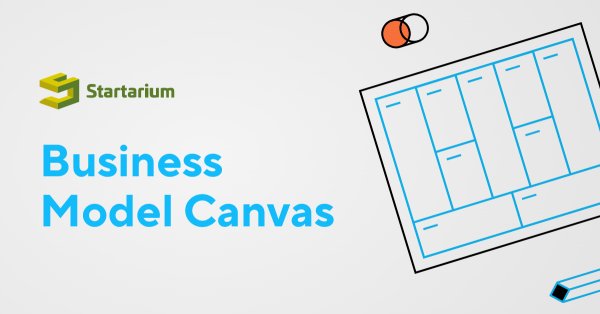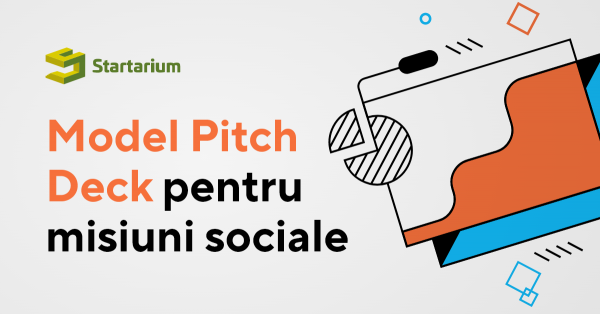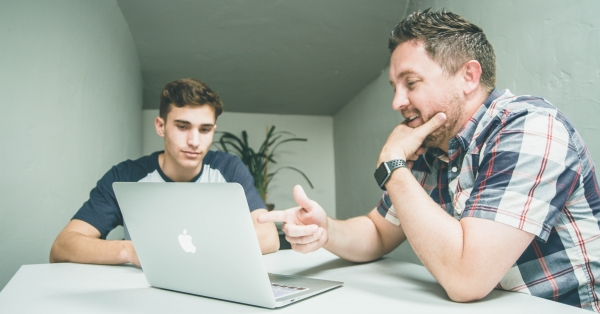Creativity can be an essential instrument for the success and sustainability of a business - not only in terms of profit and economic development, but also and above all in terms of entrepreneurial wellbeing for the enterprise and its human resources. Let's find out how!

In this module, you will learn:
- that creativity is a generator of wellbeing
- how you can activate processes leading to that
- how you can engage with creative professionals in order to promote such innovative approach
Albert Einstein’s famous quote states: “Creativity is intelligence having fun!”. Well, this pretty much sums it up.
Creativity is wrongly considered as an innate talent of artists and performers, something that you are born with and cannot be taught or developed.
However, creativity is mainly about how we relate to things rather than coming up with a brand-new solution. It is about figuring out the causes of a problem and how to benefit from the existing solutions. Through creativity, you think about a task or a problem in a new or different way and use imagination to generate new ideas, products and services.
Particularly nowadays, when the challenges arising from the unexpected pandemic are forcing us to adapt to unforeseen changes in all areas of life - personal, professional, social, cultural and economic - businesses and professionals need to assess these new situations quickly and develop strategies to navigate them. Using creativity, you can not only meet the existing challenges but also think ahead.
The same way creativity leads us to never before explored areas by thinking of something new and innovative outside the general practices, you as entrepreneurs design business strategies and models to build and implement innovative ideas. Plus, artists and creatives can and shall support you as entrepreneurs in your creative processes through their artistic and creative interventions, since art creates a culture of creativity.
Collaboration brings many benefits to businesses, including the chances to:
- spot opportunities and find effective solutions by looking beyond what already exists
- take risks and challenges, as they are willing to experiment without fearing to fail
- promote innovation by introducing new ideas or concepts
- stimulate and motivate employees, colleagues, collaborators, customers and clients by inspiring and involving them in the creative processes
- improve collaboration by promoting open-mindness, flexibility and non-judgemental attitudes
Even the European Commission has included Creativity as a key entrepreneurial competence in its Entrepreneurship Competence Framework known as “EntreComp”, where creativity is presented as one of the key competences in the area called “Ideas and opportunities”; the creative process involves both the use of resources and the ability to act on ideas to shape and exploit their value.























